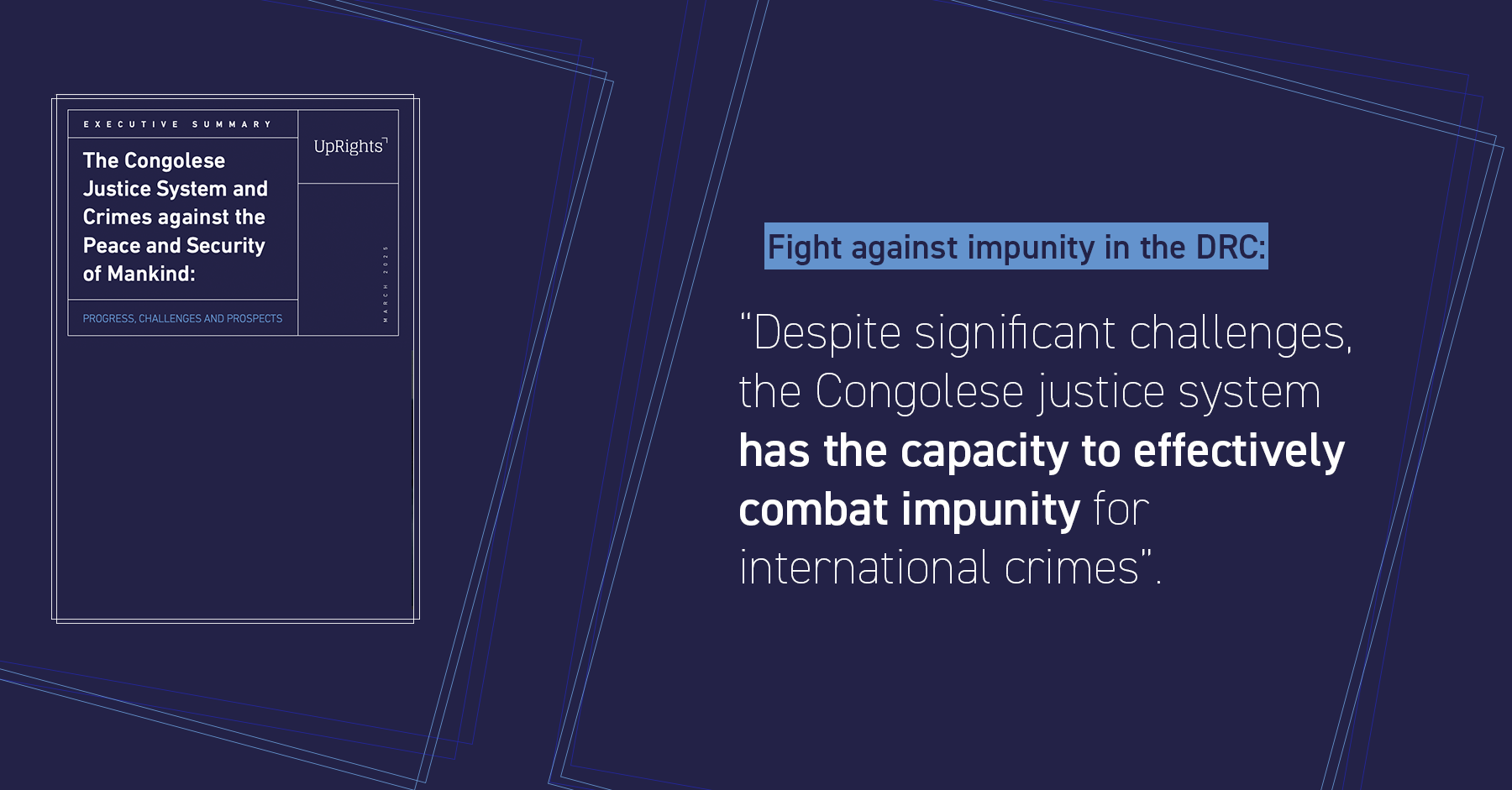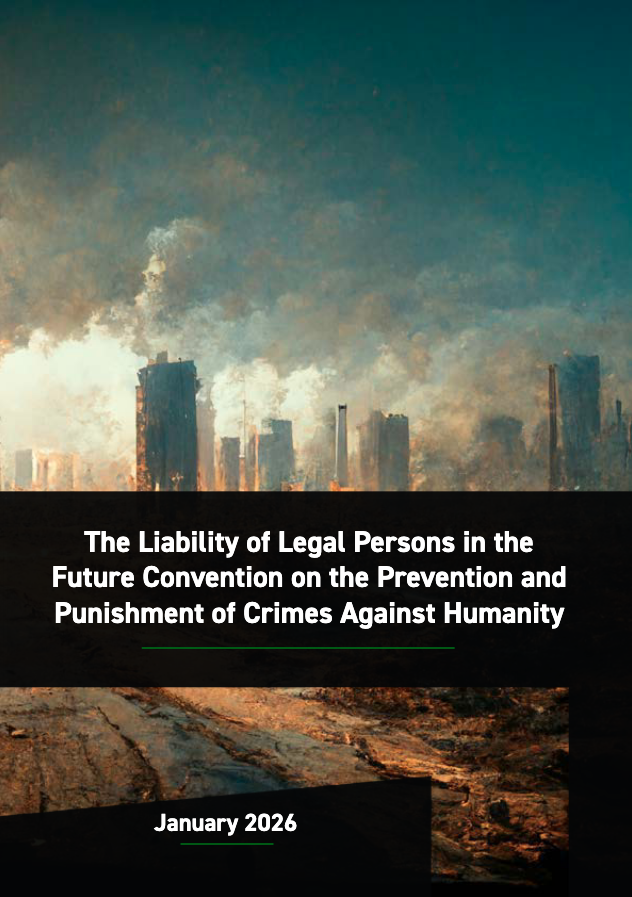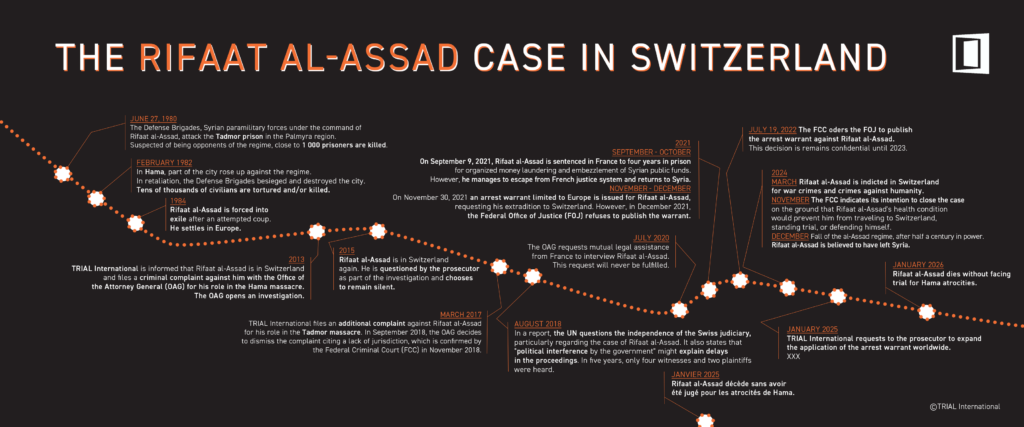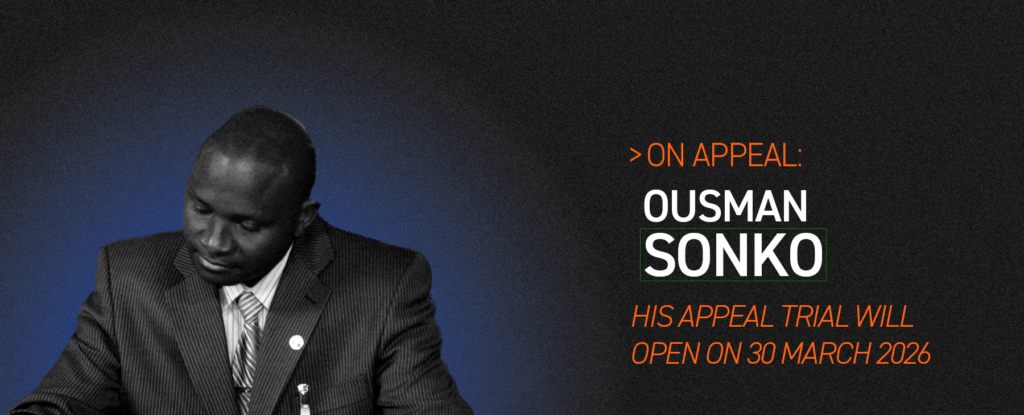UpRights and TRIAL International release report on the fight against impunity amid escalating conflict in the DRC
UpRights, in collaboration with TRIAL International in the framework of the “Global Initiative Against Impunity : Making Justice Work” and with the support of the Congolese Conseil supérieur de la magistrature, has published a comprehensive report on the fight against impunity for international crimes in the Democratic Republic of the Congo (DRC). This release comes at a critical moment, as the country faces a convergence of security, political and judicial challenges, with the escalating conflict in eastern DRC and massive human rights abuses committed by the M23 armed group and other parties to the conflict. The report provides a timely reminder that, despite significant challenges, the Congolese justice system has the capacity to effectively combat impunity for international crimes and that various institutional solutions may be deployed to strengthen the system and preserve its progress.

The report highlights the remarkable, yet fragile, progress made by the Congolese judicial system over the past two decades in prosecuting international crimes. Since 2004, Congolese military and civilian courts have issued more than 130 judgments on international crimes, a record rarely matched by national jurisdictions worldwide in such challenging conditions. Legal reasoning and judicial expertise have improved, and some cases have involved high-ranking officials. These advances stem from a unique accountability model centered on a strong legal framework, a national policy to make combatting impunity a priority and provincial prosecutorial strategies, and crucial support by international actors and civil society which have played a key role in documenting crimes, strengthening judicial capacities, and supporting victims.
However, the Congolese justice system faces deep structural challenges as most past and current crimes continue to go unpunished and the highest levels of political and military leadership largely remain shielded from responsibility. The continued dominance of military courts over civilian jurisdictions, the death penalty, and the chronic failure to enforce reparations for victims undermine the credibility and effectiveness of prosecutions. Political interference, corruption, and severe underfunding further weaken judicial independence, while international support, though essential, remains fragmented and lacks strategic coordination, especially as the UN peacekeeping mission withdraws from the country.
To address these issues, the report provides concrete recommendations, including the abolition of the death penalty, stronger guarantees for judicial independence and the enforcement of judicial reparations. The report recommends a more active strategy for complementarity on the part of the International Criminal Court. It also recommends the establishment of an enhanced international support mechanism to provide strategic, technical, and financial assistance to the Congolese jurisdictions, as well as to new judicial institutions that might be established by the Congolese government to address past and future international crimes.
The future of justice in the DRC depends on urgent national and international action. The continued fight against impunity requires a strong commitment from Congolese authorities as well as lasting international support adapted to the evolving political and security landscape. As violence surges in the East of the country, the Congolese government and the international community must seize this opportunity to invest in a justice system that delivers for victims and promotes lasting stability.







